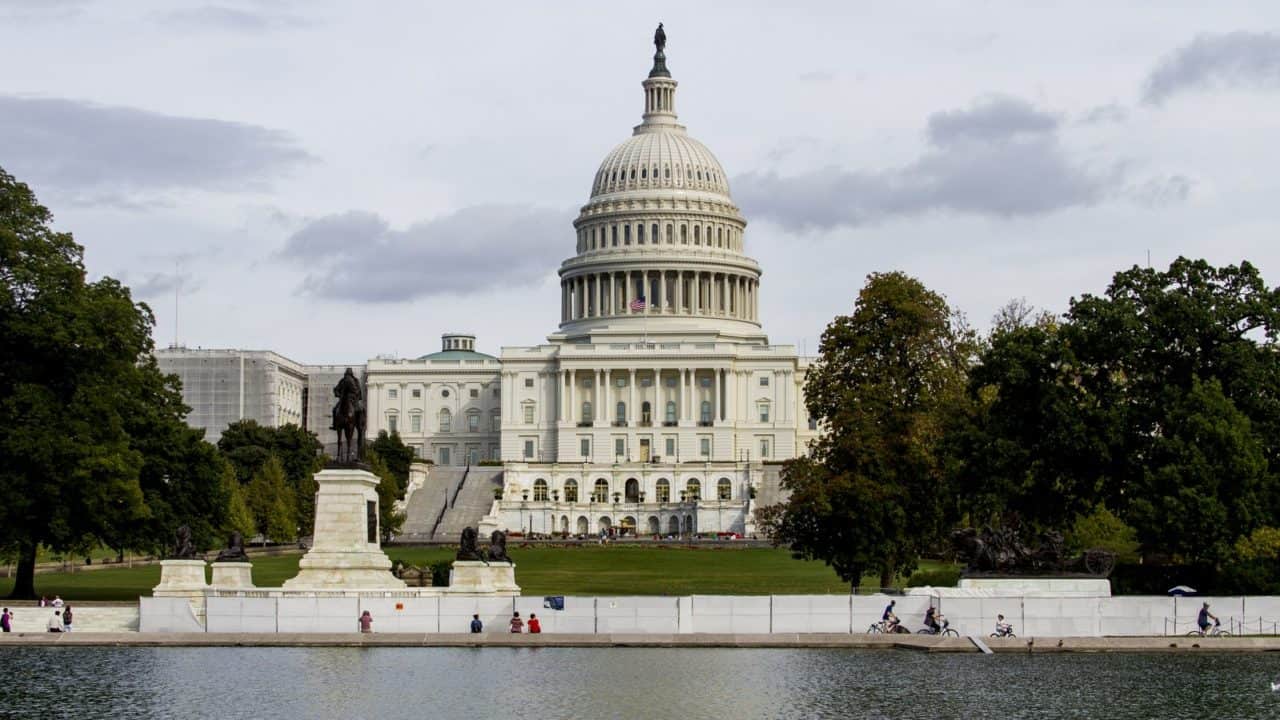 US Capitol Building.tif by Balon Greyjoy is licensed under CC0 1.0.
US Capitol Building.tif by Balon Greyjoy is licensed under CC0 1.0.
Democrats have proposed numerous tax increases on investment. President Biden’s budget called for doubling the tax rate on capital gains from 23.8 percent to 43.4 percent while the House Democrats $3.5 trillion tax and spend bill proposed raising the capital gains tax to 28.8 percent. However, under the House Democrat proposal investors in small private companies will be hit twice because of the repeal of the tax exclusion on qualified small business stock (QSBS).
Currently, the tax code allows for individuals and pass-through entities to exempt up to 100 percent of gains made on the sale of qualified small business stock if it was acquired at issuance, and held for at least five years in a C corporation with aggregate gross assets of $50 million or less. Individuals or pass-through entities can sell up $10 million, or “10 times the investor’s basis in the stock,” in QSBS and still qualify for the tax exclusion.
If this exclusion is repealed individuals would pay a 25 percent tax on capital gains from the sale of QSBS. In addition, they would pay the 3.8 percent Obamacare net investment income tax and could pay the 3 percent surtax for individuals making more than $5 million.
In addition, taxpayers would have to pay state capital gains taxes. In California, for instance, they would have to pay an additional 13.3 percent tax resulting in a staggering tax rate of 45.1 percent.
This would be significantly higher than the tax rate charged by foreign competitors. For instance, the capital gains rate in Communist China is 20 percent, so the United States would be far less competitive.
If an investor knows they are going to lose nearly half of the gain on their stock when they sell, they may likely decide to reel back investment or invest in a different country with lower tax rates.
According to a memorandum prepared by RSM, there are clear benefits that come from the section 1202 tax exemption. RSM states that the 100 percent exclusion has “spurred interest in investments into start-up and other small businesses.” Additionally, Patrick Smith of CliftonLarsonAllen, makes a similar statement about the impact of section 1202. In a quote he provided to the Angel Capital Association, he states that, “Section 1202 stock is one of the most powerful tools Congress has ever provided to small businesses.”
Notably, this tax increase proposed by House Democrats could reduce competition. By eliminating the section 1202 tax advantage, Democrats are threatening to reduce a vital source of capital for small businesses. According to Fred Tannenbaum at Gould & Ratner, section 1202 has provided low-cost access to capital for small businesses that are aspiring to “to be the next Amazon, Google or 10X Genomics.”
The proposal, as drafted in the House Ways and Means Committee title of the budget reconciliation bill, could drastically diminish competition and bolster market share for large companies.
Congress should reject efforts to raise taxes on investment including through the repeal of section 1202. Maintaining this provision will help ensure private capital can continue to flow to small businesses for years to come.

